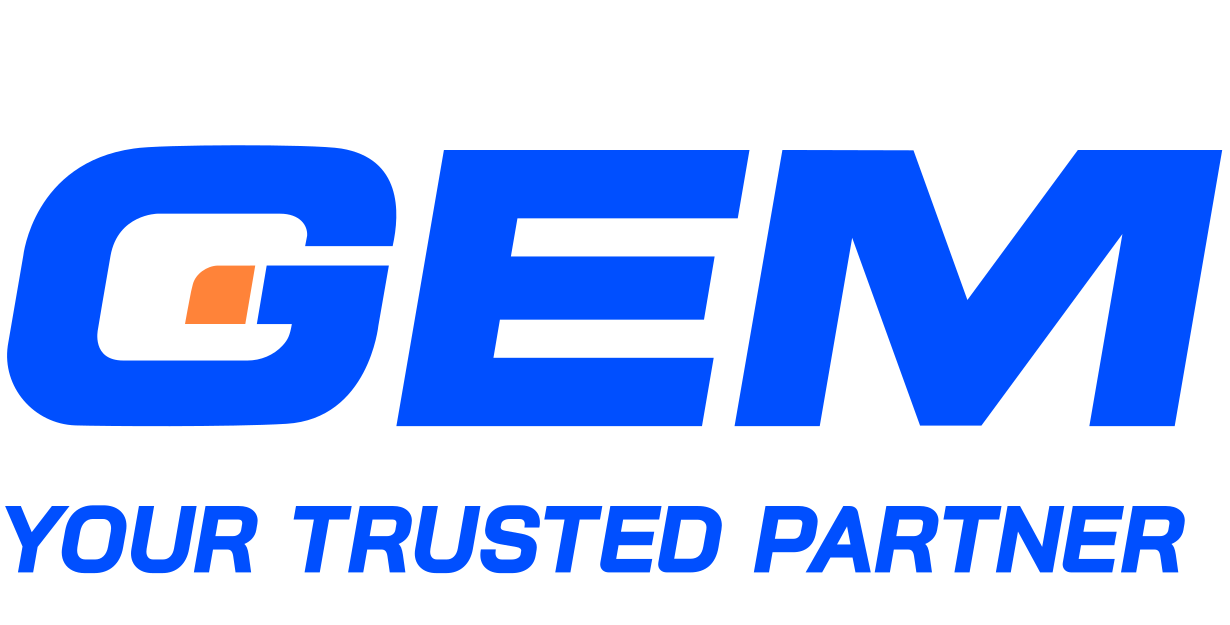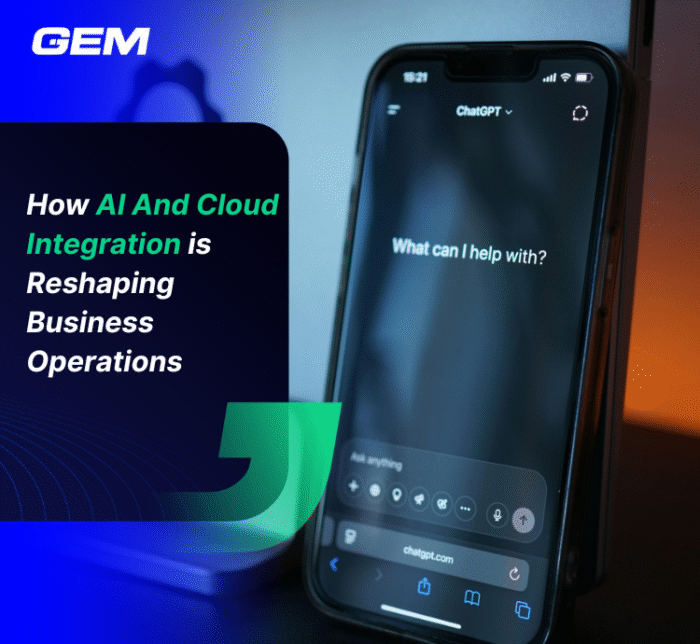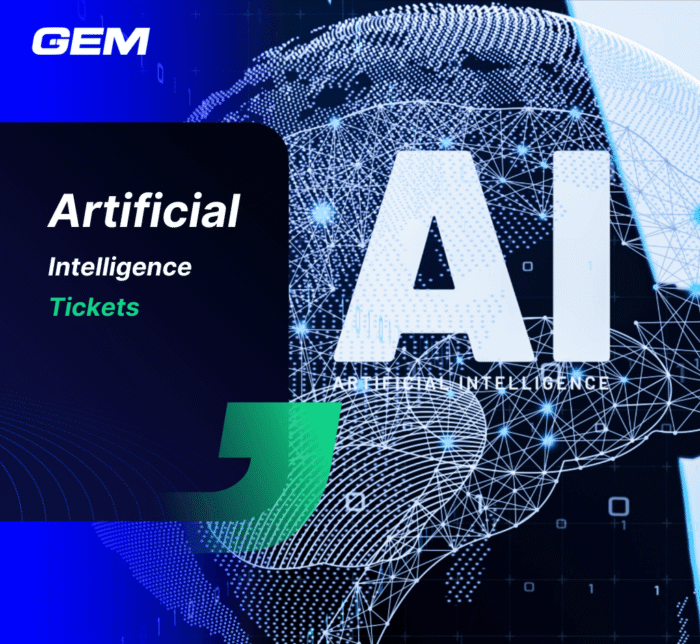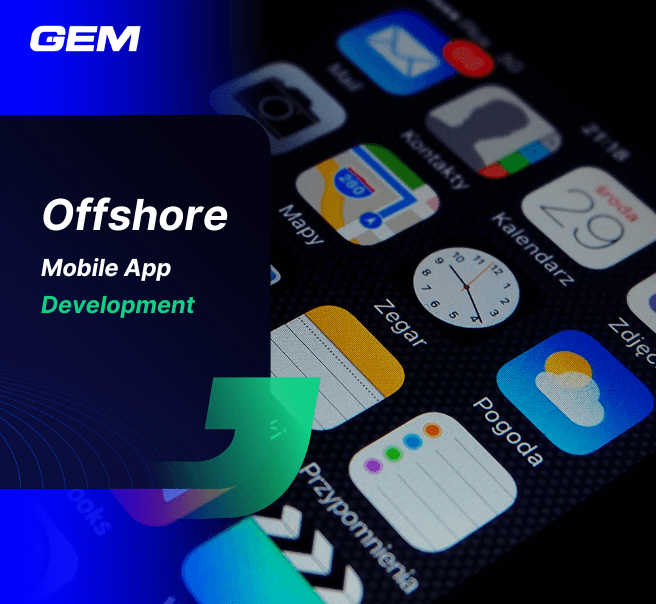Contents
The mobile app market is flourishing with intense competition. Convincing users to hit “Download” is not enough – maintaining engagement and loyalty is vital for sustainable growth. Solving this crucial task calls for machine learning (ML).
ML technology enables apps to learn and improve themselves without using explicit instructions. On this basis, various tangible benefits for both end-users and businesses are created.
What makes ML-powered apps brilliant?
User-friendliness taken to the highest
User-friendliness is defined as “being simple for people to use.” With ML, end-users shall expect to consume the mobile experience with greater convenience and enhanced safety.
Convenience powered by hyper-personalization
Machine learning-based personalization is scalable and accurate. It does not segment users by a rule-based mechanism but analyses them individually. All user data points will create a complete profile that increases in sophistication as they use the app more. This understanding facilitates the formation of a unique journey for each person, usually in the form of customized product or content recommendations.
For example, ML algorithms facilitate advanced search, which helps users find the answers they need even with very simple keywords.
With machine learning algorithms, apps can understand user queries more accurately, regardless of whether the user is implying or directly requesting the data they want. Simultaneously, the system can read through the vast amount of data it is familiar with and displays results deemed most relevant for the raised question. Search histories and other interaction points will also be referenced to show the best-matching results.
Below is a proposed architecture of a two-phase ML-powered search engine. In the first phase, called top-k document retrieval, simple retrieval models are used to collect potentially relevant documents. In the second phase, a more computationally advanced model will re-rank the documents.
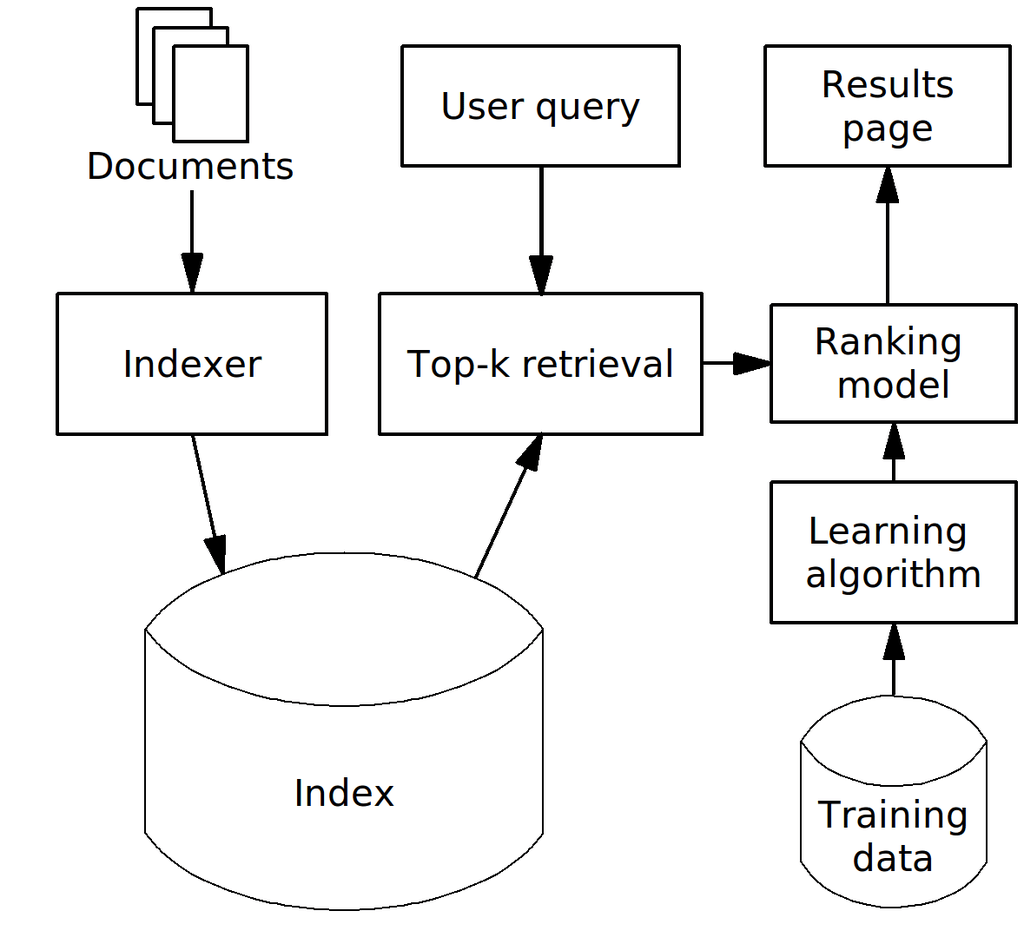
Strengthened security, with less hassle
Users prefer things to be as straightforward as possible, but will also demand a safe experience with your products.
Machine learning algorithms streamline app authentication – it improves the app’s security level while ensuring the processes are uncomplicated. This safer and more robust approach comes in the form of biometric authentications, such as voice, fingerprint, or face recognition.
Besides login, ML alerts suspicious activities to prevent and minimize threats. It tracks and warns users about unidentified logins and possible malware attacks.
Impactful benefits for businesses
Some quick facts about positive changes to expect when implementing ML:
- 76% of businesses saw higher sales after integrating ML into their products.
- 50% of enterprises are planning to apply ML to refine their marketing strategies.
- ML has helped a number of European banks increase their product sales by 10%.
ML algorithms classify users based on their choices and interests. With ML, companies can acquire user information and learn about who they are, what they want, what they can afford, which products they are interested in, all of which create valuable insights about their customer base. On that account, brands will make informed decisions and develop suitable strategies to attract new users and keep current ones engaged.
Advanced customer acquisition strategies
Factors such as geographical location, religion, nationality, and culture profoundly influence customer behavior. With ML-driven customer behavior prediction tools, through social media, news, past sales, reviews, or even current economic conditions and financial capability, a company can tell what trends or features will attract new users and convince them to spend more.
A research paper has proven that a machine learning model can predict whether a customer will actually make a purchase with an accuracy of 88.6%, based on their gender and age group. Therefore, ML provides reliable assistance in devising effective marketing plans.
Stronger bonds with current customers
With ML-based analytics, companies understand their users better and, accordingly, upgrade their products, strengthening customer retention with more enticing content. The technology allows mobile apps to actively adapt to changing needs and become dynamic products to keep customers satisfied.
One great example is ML-powered chatbots, either being an app of their own or integrated into other ones. Providing customer support services can be extremely challenging if the number of inquiries surges. ML-powered chatbots automate the process with quick, accurate responses and are also able to record those inquiries to make changes continuously.
Examples of excellent mobile apps using Machine Learning
Duolingo (Education) – Intelligently filtering and handling user reports
In a Duolingo translation exercise, the average number of acceptable answers is more than 200, and as many as 3000 for longer sentences. If learners find that their answers may be correct but are not recognized by the app, they can alert Duolingo staff and contributors about this problem by the “Report” flag.
However, about 90% of the reports sent in contain typos and other errors, rendering them invalid. To help contributors find the correct 10% and manually revise them, machine learning is employed.
The system in use is based on logic regression – a tried and true algorithm. It gives a score to each feature depending on how much the feature is characteristic of good reports. Afterward, it adds up the scores and rates the overall report, taking into consideration different variations of English spelling to avoid mislabeling the feedback.

For example, if a report contains the two-word chunk “an coat,” it is likely to be a mistake. In another case, if the algorithm spots the word “colour,” it will accept the suggested answer because “colour” is a valid spelling variation. It will assume that the report may be correct and should be forwarded to human staff for further review.
Sephora (Retails) – Boosting brand loyalty by identifying skin tones
The Sephora mobile app’s experience features Color IQ, which helps shoppers find the shades to best match their complexions.
The ML-driven technology is incorporated into a handheld device. First, it will scan the customer’s face when they visit a store to capture their skin tone, matching it with codes from an existing “shade library.” Afterward, the code will be added to the customer’s account and automatically applied to online product searches on the brand’s mobile apps.

Sephora’s highly intelligent technology tackles many customers’ major pain point: the struggle of finding the perfect shade. It allows customers to visualize the products on their skin, replacing the conventional trial and error method, which can be stressful and costly. Therefore, ML actively contributes to creating satisfaction and a higher customer retention rate.
BBVA’s banking app (BFSI) – Finance management made easy
In 2019, for the second consecutive year, BBVA’s product was chosen by the consulting firm Forrester as “the best banking app in the world.” Machine learning is employed in this app to categorize transactions and predict upcoming expenses.
Categorization
Using a Natural Language Processing (NLP) model, the app identifies and classifies transactions by information such as recipient and description. For example, in a transaction with the description saying “electricity bill June,” the algorithm will consider “electricity bill” an indicator and add it to an appropriate category, in this case, “electricity bill” or “bills.”
Moreover, this categorization engine improves by learning whenever the user makes changes to the categories. By doing this, it remembers and applies user preferences when classifying future transactions.
Prediction of upcoming expenses
The app’s most differentiating feature allows customers to envision future deposits and withdrawals that are expected in the coming time.
The sophisticated machine learning models can define whether a transaction is recurring, how much it will be and when it will recur. The app, as a result, offers a powerful predictive tool based on advanced analytics, quickly helping users understand their anticipated capital inflows and outflows
More than alerting an upcoming “overdraft week,” these algorithms provide unique and robust financial assistance in the long run. According to Gonzalo Rodríguez, BBVA Head of Retail Customer Solutions, they help customers manage their savings and investments, provide personalized advice, and thus simplify finance management.
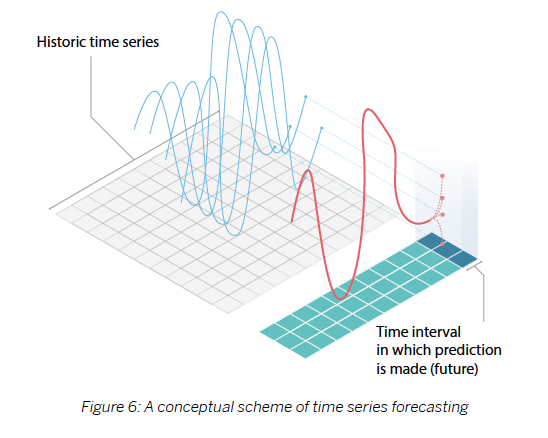
Closing thoughts
ML technology is transforming mobile apps, creating products that are smart, functional, and highly engaging. For that reason, it has been considered a game-changer with noteworthy applications across industries. Leveraging the enormous benefits of ML is a promising direction that guides businesses toward innovation and growth.
If you want experienced guidance, selecting a competent IT service provider that meets your company’s requirements will be significantly helpful.
About GEM
GEM Corporation is a leading IT service provider that empowers its business clients in their digital transformation journey. Based in Hanoi, Vietnam, GEM is characterized by competent human resources, an extensive and highly adaptive tech stack, and an excellent ISO-certified and CMMi-based delivery process. GEM, therefore, has been trusted by both start-ups and large corporations from many global markets across different domains.
Don’t miss our latest updates and events – Follow us on Facebook and LinkedIn!
Are you looking for a Machine Learning expert?
1. GEM Corporation is an IT Outsourcing company experienced with developing AI solutions. We have worked on developing NLP and OCR solutions for top industrial corporations in Japan; specialized in deploying chatbots, text and image processors, recommendation systems. We are also partnering with Vietnam National University’s AI Laboratory on scientific research and talent training.
2. Our domain expertise includes Logistics, Telecommunications, Finance, Banking and Insurance, Retails, Manufacturing, and so on.
3. We have more than 7 years of experience. Our offices are based in Hanoi, Vietnam and Tokyo, Japan.
4. We have successfully built more than 100 successful projects for our clients in the US, UK, Europe, Japan, Korea, Singapore, and many more.
5. Let us know how we can help you build your next AI solution. Contact us now and get a demo for your project.
